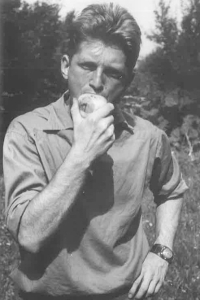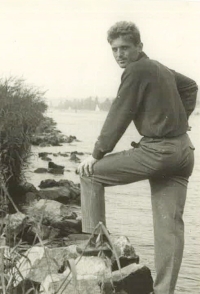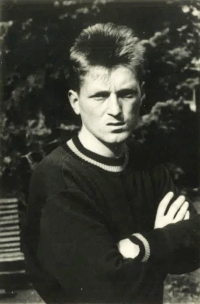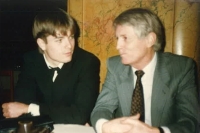Correct the mistakes of the past
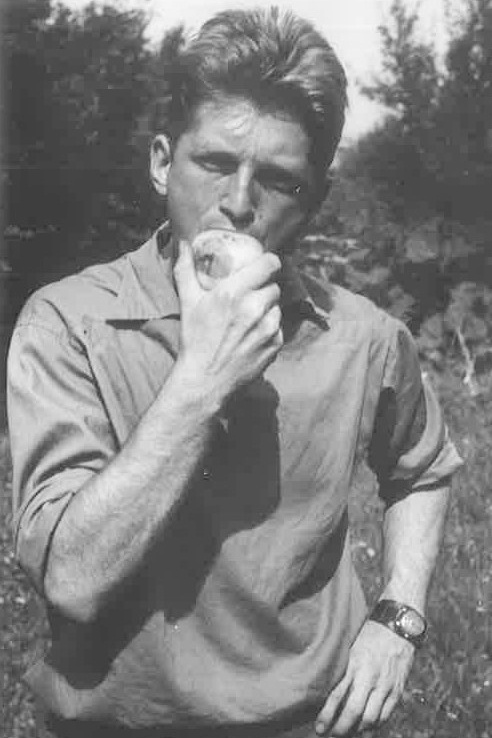
Download image
František Vyšata was born on 23 January 1938. He grew up in the Central Bohemian village of Tuchoraz, where his family had been farming a large farm for 400 years. The family lost the farm during collectivisation, his father ended up in prison and František was accompanied by the stigma of being the son of a kulak during the years of the communist regime. He sought solace in sport. He graduated from the University of Chemical Technology. After the August 1968 occupation, his marriage broke up and his wife Olga and their daughter emigrated to the USA. After 1989, František was participating in saving the orchards in his native Tuchoraz and later bought the local fortress, where he was holding social and cultural events at the time of the interview (2019).
